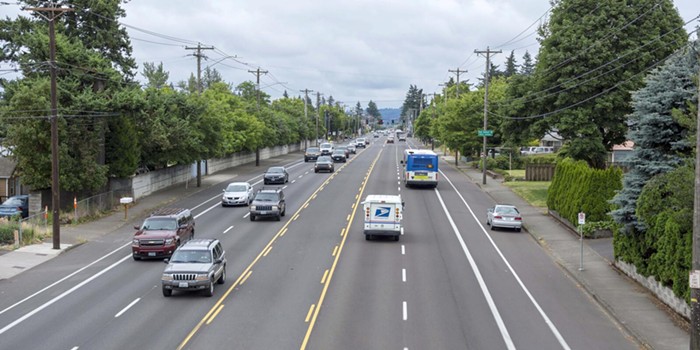It all stems from the Enron collapse. The city's current power company, Portland General Electric (PGE), an Enron holding since 1997, remains as one of the bankrupt company's few assets. In an effort to settle its debt, Enron is expected to auction PGE to the highest bidder. To the everyday user, this means a new masthead on your power bill and potential rate hikes.
But, suspicious of the company's past practices and massive, unchecked price hikes, a growing number of residents hope to take control of the power company away from the private sector and create a consumer-owned and managed People's Utility District--or, affectionately, PUD.
Dan Meek, a local attorney and utility reform watchdog present at last week's Green Party meeting, argued that a PUD could lower and stabilize utility rates, protect consumers from private company plunders, and provide more opportunities to use renewable energy. Meek speaks from experience--in 1987 he helped people in Eastern Oregon form a utility cooperative to keep their rates low.
Meek also pointed out that because a PUD is a public, not a private company, PGE could be acquired through the power of eminent domain. Instead of paying the expected $3 billion price tag, a PUD would only have to pay "just compensation," a price defined by an Oregon jury.
Also present at last week's meeting was City Commissioner Erik Sten, a long-time supporter of public power. Sten is interested in a PUD, but he's also looking at other proposals. "I'm worried about who will manage a company, public or private," he said. Sten plans to bring a resolution to council on August 14 to get Portland formally involved in the transfer of power.


















